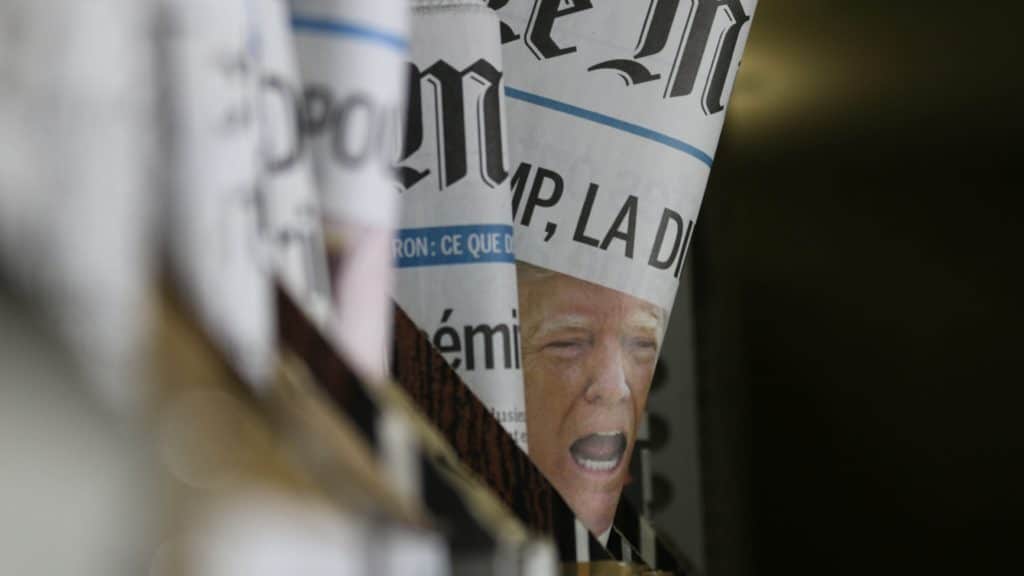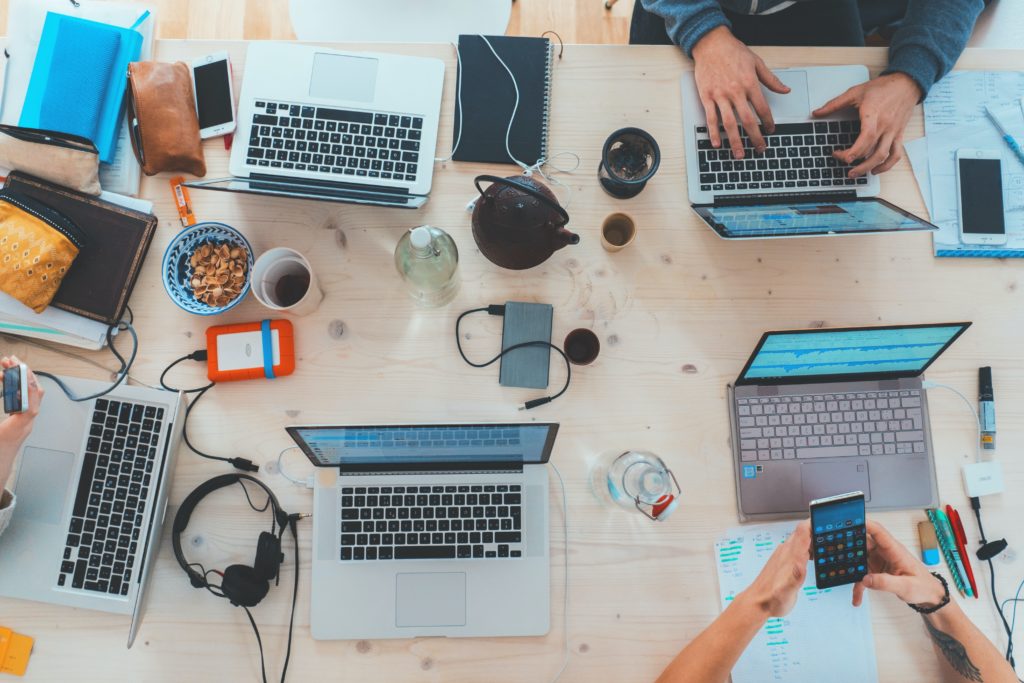Librarians and Fake News: “Trust me, I’m a librarian!”
‘Fake news’ was the word of 2017, defined by the Collins dictionary as “false, often sensational, information disseminated under the guise of news reporting.” In an era where information is now so accessible, with information platforms competing for hits through such tactics as clickbait, how do we know what is real and what is fake?
As trained experts in evaluating information, whether it be a news story or a research paper, and teaching others how to determine its appropriateness, academic librarians are perfectly poised to lead the way in the battle against fake news. So, what role do and can you play in combatting fake news during a time in which such skills are so urgently required?
We caught up with David White, Head of Digital Learning at the University of the Arts, London, and Donald Barclay, Deputy University Librarian at University of California, Merced, to get their insights into the role of the academic librarian, and the attitude needed in going forward to educate the next generation.
Taylor & Francis has a number of Library & Information Science papers available on post-truth and fake news, including literature review ‘Fake News‘ by Linda Frederikson in the journal Public Services Quarterly, which goes into greater depth on the subject and academic librarians including a list of resources.
What is fake news?
Fake News is a term often used so loosely, particularly across social media and often with high profile figures. Although it is not a modern-day concept, the rise of technology has made it easier than ever for unreliable sources to pose as fact.
Donald Barclay – “First of all, fake news is nothing new. In such forms as propaganda, fake news has been around for thousands of years and probably pre-dates writing. What is new in the digital age are the following:

1. The extremely low cost of creating and widely distributing digital information.
2. The wide availability tools for creating fake information, including software for manipulating text, images, and sound.
3. The sheer amount of information—including fake news—that the average person must negotiate in the digital age.
All information exists on a continuum that ranges from incontrovertible fact (pure water consists of two hydrogen and one oxygen molecule) to complete fantasy (a flying spaghetti monster rules the universe), with most of the information we encounter somewhere in between the two extremes. Fake news is information presented as factual but which is actually more towards the spaghetti-monster end of the continuum.”
Why is it a concern?
So why should we care about how and where individuals obtain their research? The rise of social media means that information can spread wide and can spread fast at the click of a button, with little or no regard for how it has been gathered.
Donald Barclay – “Pushing back against fake news is a huge challenge, but simply giving up is not an answer.”
The ability for students and researchers to distinguish reliable information from misleading or fake news is important, not only to get a better understanding of the information presented to them, but also in acquiring accurate sources and citations for their own research going forward.
David White – “I think ‘fake news’ simply highlights a general need to equip people with the skills to be able to evaluate information critically from a young age.”
Why is it the role of the Librarian to combat fake news, and how do they go about it?
Through information and media literacy skills, academic librarians have been engaged in teaching students how to negotiate increasingly complex information environments for centuries. They are trained to think critically about how to evaluate a wide range of information sources for accuracy, whether that be a book, an article, a webpage, or a news story.
Donald Barclay – “By doing what librarians have always done in terms of teaching people to think critically about information. The ACRL’s Framework for Information Literacy for Higher Education is an excellent tool for approaching fake news.”
What do Librarians need to do to continue/improve this work?
As information professionals, what do librarians need to do to educate researchers and the general population about fake news, and spreading the word about the skills they have practised for centuries in solving the issue?
David White- “To appreciate that people now live in complex information environments. There is no point in suggesting that people should try to avoid particular forms of info, it’s better to equip people with the ability to evaluate a wide range of info.”
Donald Barclay- “Librarians need to address the emotional component of fake news, to address the ways in which fake news plays on such feelings as fear, anger, joy, and self-righteousness in order to get people to believe things that are mostly, if not entirely, untrue. Fake news is an attack on rationality, on a way of thinking that has (all things considered) served humanity remarkably well for the last 400 years. Repulsing an irrational attack through a strictly rational approach—one which ignores the emotional appeal of fake news—is fighting with one hand tied behind your back.”
What is your library doing to engage users on information literacy? Share your stories and ideas on Twitter using the hashtag #trustmeimalibrarian or email us today using the contact form.
